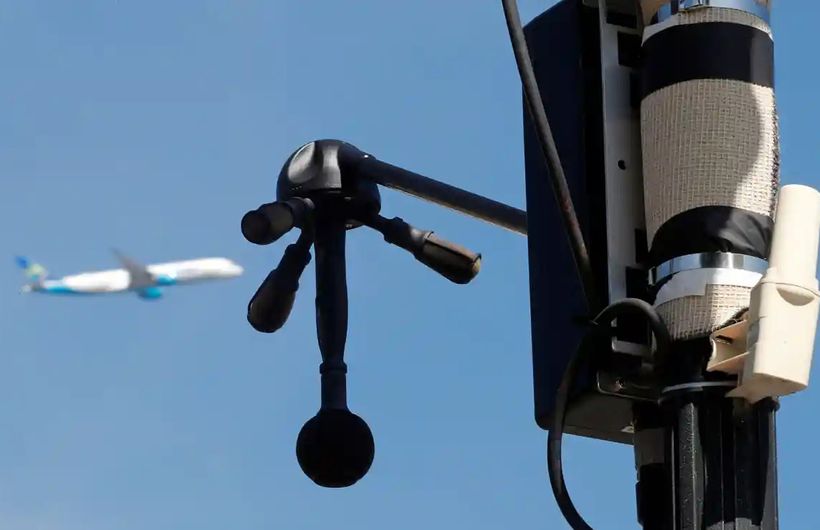The Government is set to deploy a new noise-detecting camera as part of a plan to crack down on anti-social drivers using illegally loud exhaust pipes. The state-of-the-art camera has been designed to identify and track drivers who break the law by revving engines and using modified exhausts. The first will be installed in Bradford before travelling to Bristol, Great Yarmouth and Birmingham as part of the trial to clampdown on antisocial driving.
Transport Secretary Anne-Marie Trevelyan has confirmed the four locations will host the new noise camera following a Government-backed competition to tackle noise pollution on some of the loudest streets in Britain.
Under UK regulations, the legal limit for noise made by an exhaust is 74 decibels. Currently, police officers are expected to use their own judgement to decide whether the limit is being broken.
The new technology uses a video camera in conjunction with a number of microphones to accurately pinpoint excessively noisy vehicles as they pass by. If drivers break the law by revving engines unnecessarily or use illegal exhausts, they will be automatically detected. The camera takes a picture of the vehicle and records the noise level to create a digital package of evidence which can be used by local police to fine drivers.
The British camera uses a similar technology to units installed earlier this year in Paris. As part of a trail by the French authorities, a camera placed high on a street lamp-post in the 20th district of the city has been measuring the noise level of moving vehicles since February, with fines being issued to drivers who exceed the limit.
Road noise is known to contribute to health problems, such as heart attacks, strokes and dementia, and the annual social cost of urban road noise, including lost productivity from sleep disturbance and health costs is estimated by the Government to be up to £10 billion.
The locations have been chosen following a national competition to identify the areas of the country with the biggest noise pollution problem. The final locations have been decided based on the impact to local residents of illegal noisy vehicles, after MPs across the country applied for the camera to be set up in their local area. If successful, the cameras could be rolled out nationwide. The trial will run for two months across the country.
 The UK Government will trial a new noice-detecting camera similar to the units installed in Paris earlier this year
The UK Government will trial a new noice-detecting camera similar to the units installed in Paris earlier this year 












